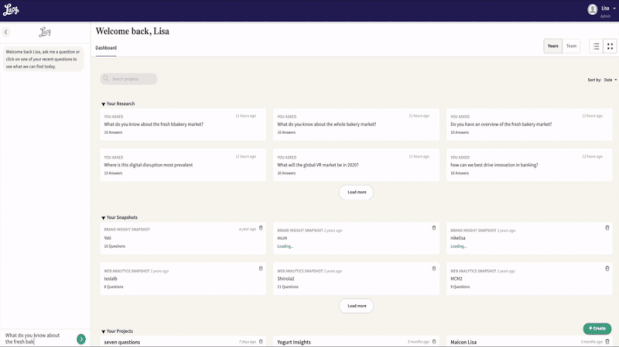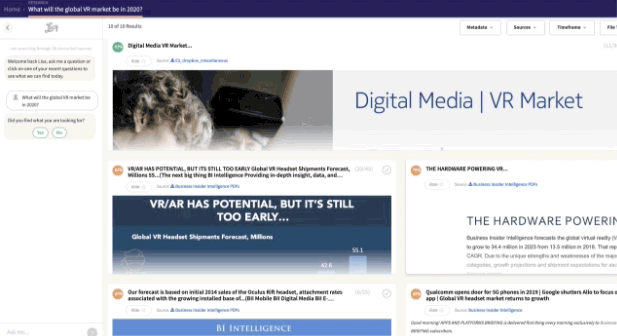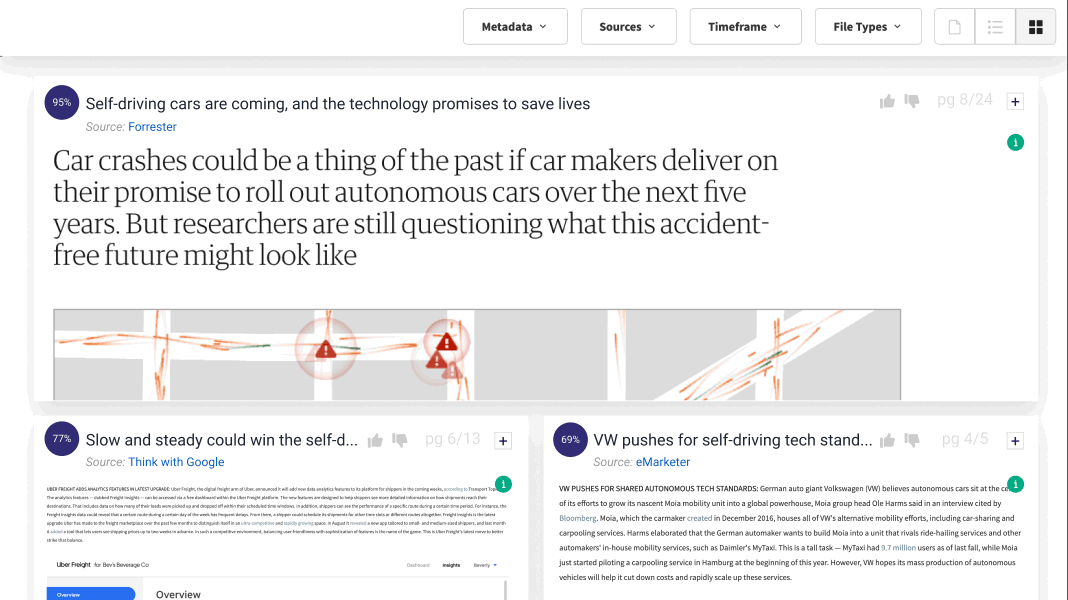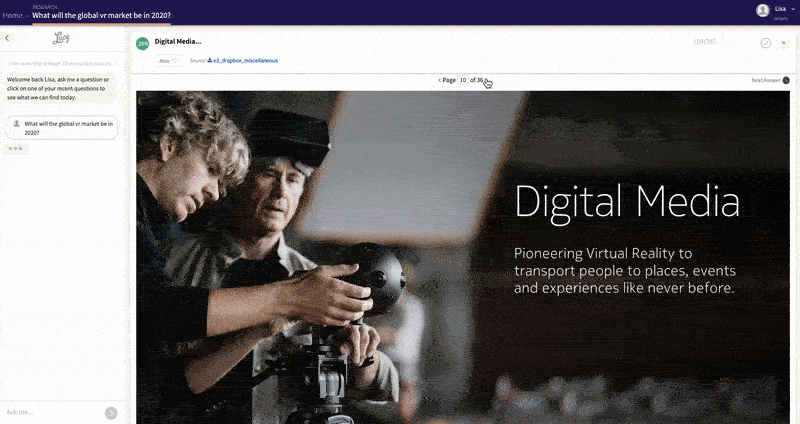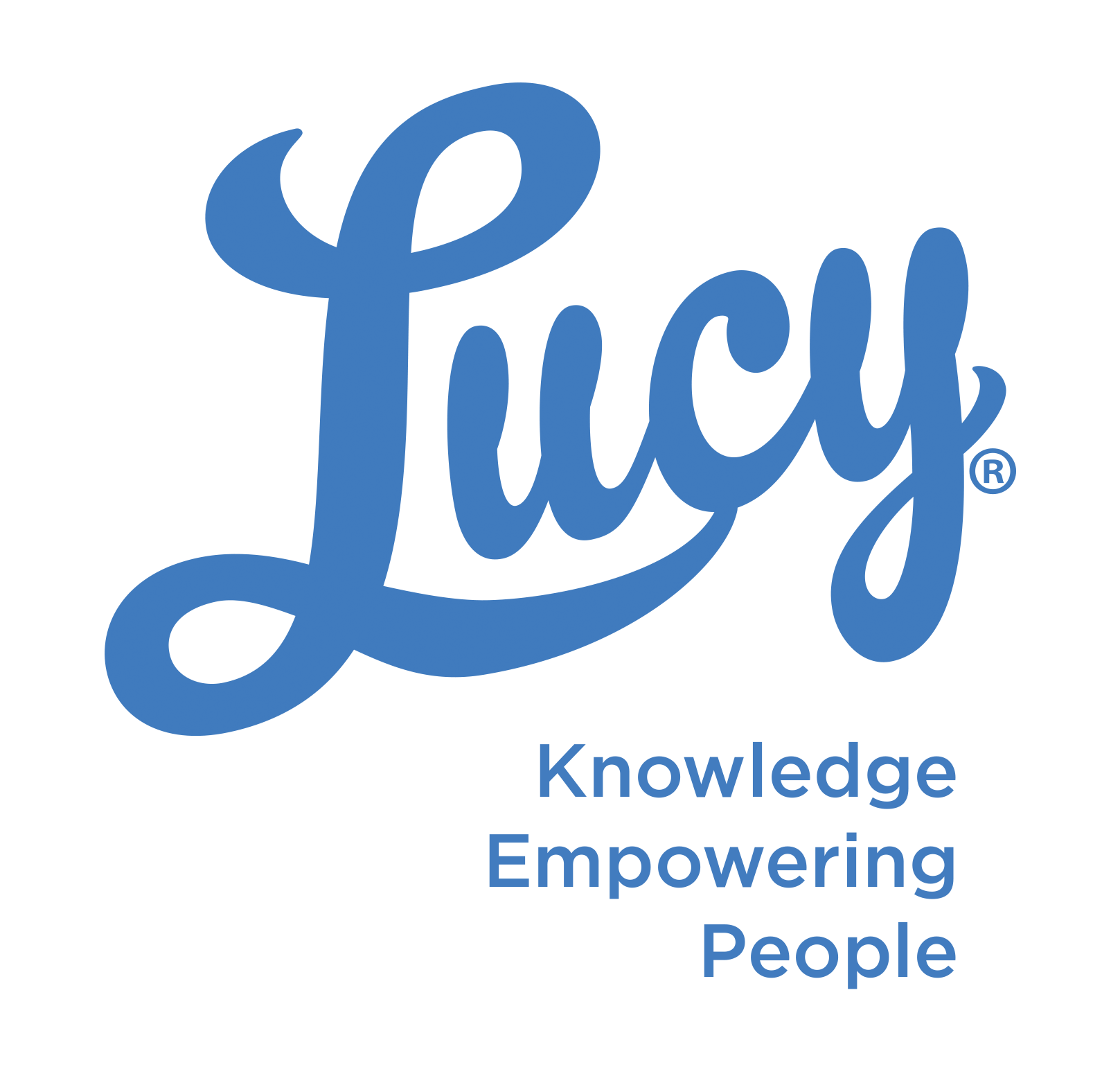Generative AI is red hot. Since the launch of ChatGPT, new products and features leveraging generative AI have come to market seemingly daily. Business leaders everywhere are actively trying to understand the technology – and more importantly, how they can use it to drive value for their organizations.
There is a lot of hype around generative AI. There are also real-world, practical use cases, and knowledge management is one of the most compelling. Here are some of the most common questions our team gets asked about generative AI by companies that are considering a knowledge management solution
1. How does generative AI enable better knowledge management?
Most enterprise knowledge is unstructured. The information and data that employees need to do their jobs -- PDFs, word documents, PowerPoints, videos, MP3 files and more -- are housed in a variety of shared drives and systems across departments and geographies. This makes it difficult – and in many cases impossible – for employees to find and use. Employees then take one of two approaches: spend hours tracking down the information, or ask a colleague their question or where to find the resource. The former takes hours of employees’ time, often with nothing to show for it, and the latter disrupts the productivity of multiple people at once.
Generative AI can help liberate that corporate knowledge. In fact, this is arguably one of the most promising use cases of generative AI today.
"As […] GPT and similar tools evolve and improve, and can be trained on an enterprise’s data in a secure way, it will change the way we access and consume information inside the enterprise." – Nicola Morini Bianzino, CTO, EY
The technology can find and synthesize the information employees are looking for in seconds and provide unique and summarized answers to their questions in the moment so they can efficiently and effectively do their jobs.
2. There are a lot of tools that leverage generative AI out there. What makes its application within a knowledge management system different?
Most companies launching new generative AI features are focused on making the technology as great as possible for their own platforms. Microsoft, for example, is infusing ChatGPT into everything it offers. While the customers of those products will certainly benefit from the innovation, only 25% of enterprise data is in Microsoft. The rest lives in a variety of other systems from Google Drive to Salesforce.
Generative AI becomes more valuable for enterprises when it is deployed with connectors to different data sources and federated search. This means the technology goes beyond the closed loop system of Microsoft, Google or Salesforce to pull insights from across your entire data ecosystem and gives you a single unique answer to your question.
3. OpenAI released APIs. Should I build a solution myself, or buy?
One of our customers put it best when they said, “We need an answer engine. And trying to build one is a major project that we do not have the resources or bandwidth to maintain.”
Building your own solution is an incredibly expensive and painstaking endeavor. The cost of infrastructure and AI processing alone would easily exceed $500K annually without the scale and efficiency of a partner. You would also likely invest hundreds of thousands of people hours into the tool’s development and maintenance. The diversity of data types, security models, user access considerations, data classification, content ranking, and more create complexity. Instead of hiring a team of developers to take on such a project, many companies realize they’re better off finding an outside partner that is 100% focused on building, running, improving and extracting the most value from the system. This approach is often a fraction of the cost, and ensures you stay pace with the fast-moving market.
4. How do I know the answers I receive will be accurate?
Knowledge management solutions focus on the data you own and license, not data in the public domain. This is a key difference from ChatGPT and other tools – a difference that puts knowledge management solutions ahead when it comes to answer accuracy because you are only pulling from verified sources. Even still, knowledge management solutions can surface incorrect or outdated answers to your question depending on the content available. Look for solutions that show exactly where the answer comes from – down to the page, slide or video time stamp – so you can easily check the source and tell the system if the answer is inaccurate, so it learns for next time. There’s a dial within AI algorithms that developers can turn up or down in terms of how much the algorithm makes up answers if there’s no content available to address the question. Make sure that the technology you’re considering has this dial set to zero.
5. Is generative AI safe and secure for my business?
Data security confidence comes down to your vendor’s approach and practices. Generative AI tools inherently need data inputs to generate a response. There are ways to keep your data safe while taking advantage of these tools. Ask your vendor about how generative AI is layered into the solution. Ensure that by design, the data that goes into generative AI tools is indexed and that it is limited to only the data that the tool needs to generate a meaningful result.
Also look for solutions that connect to and protect your data where it already lives instead of storing your information in a separate repository. This ensures you maintain control of your data. End-to-end data encryption, single sign-on (SSO) and multi-factor authentication, adherence to ISO and IEC certifications, compliance with data security regulations such as GDPR and CCPA, regular security testing and mechanisms to ensure users only see what they are authorized to see are table stakes. Any tool you choose to leverage should have these things built into their approach.
Curious to learn more about the advantages of generative AI? Check out our Founder and COO Scott Litman’s conversation with TechForge.

